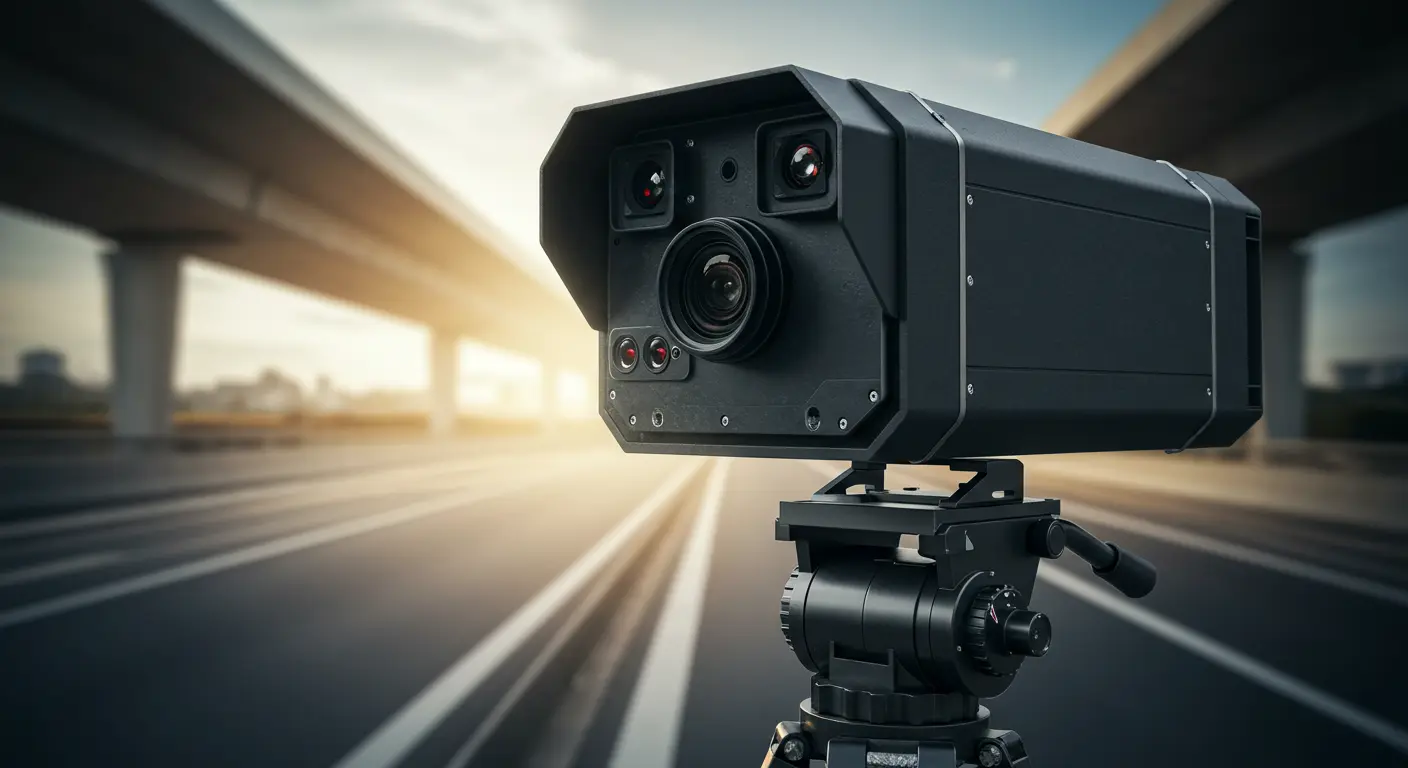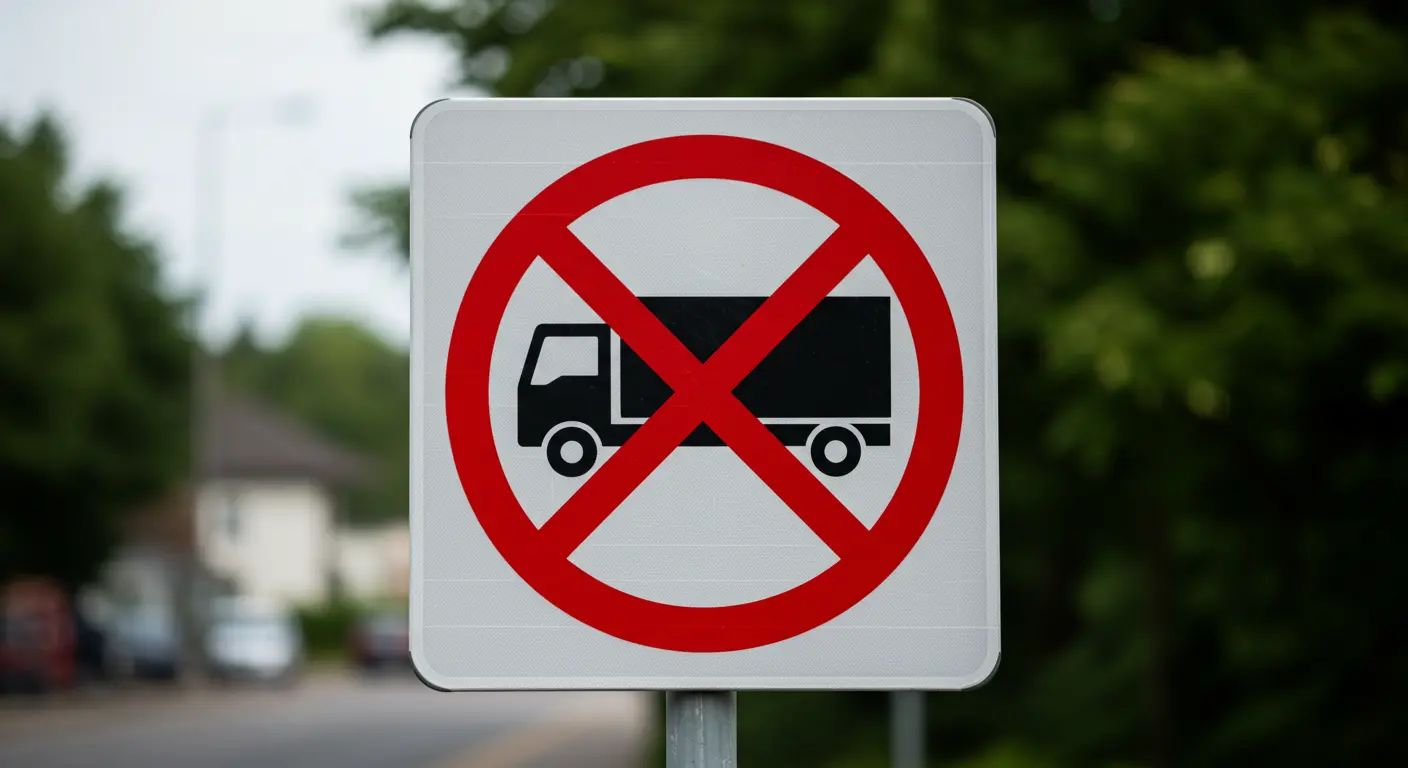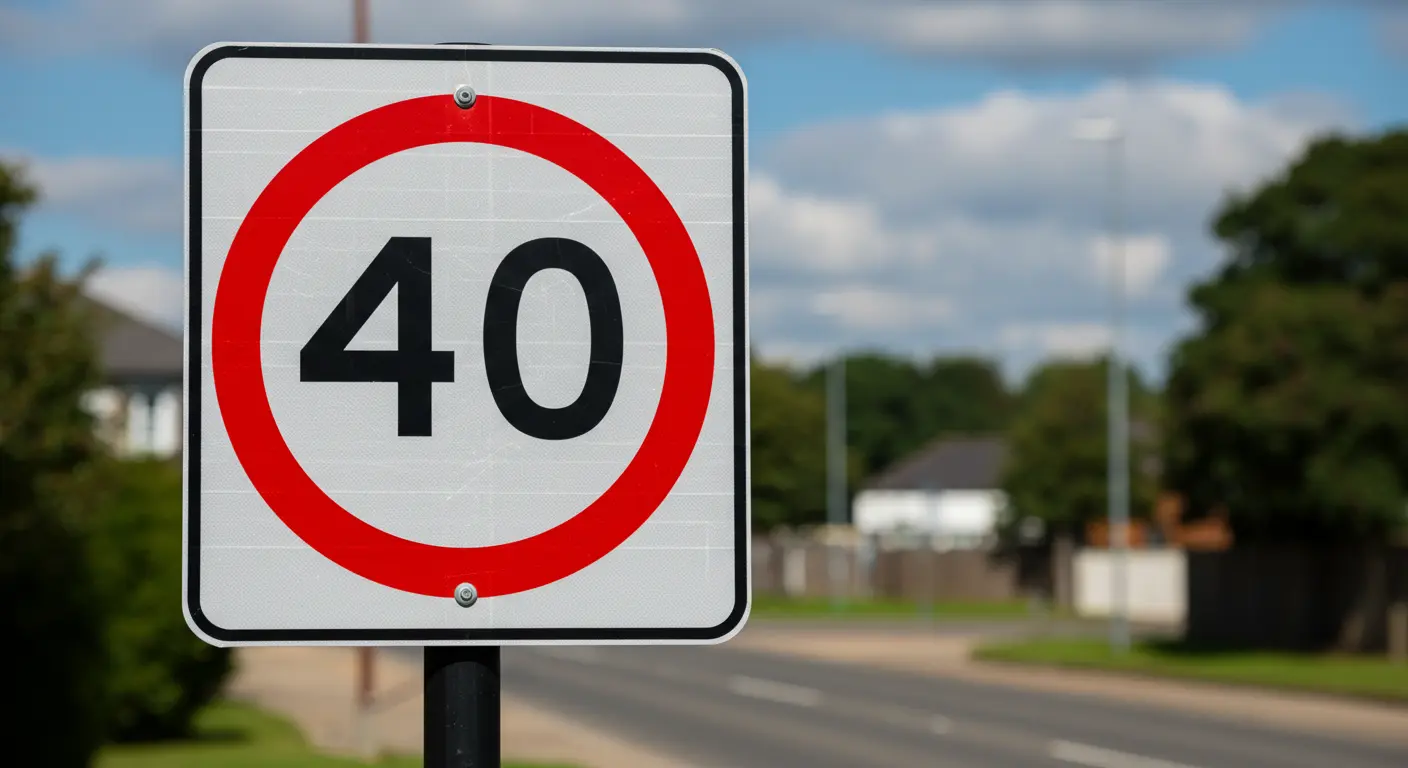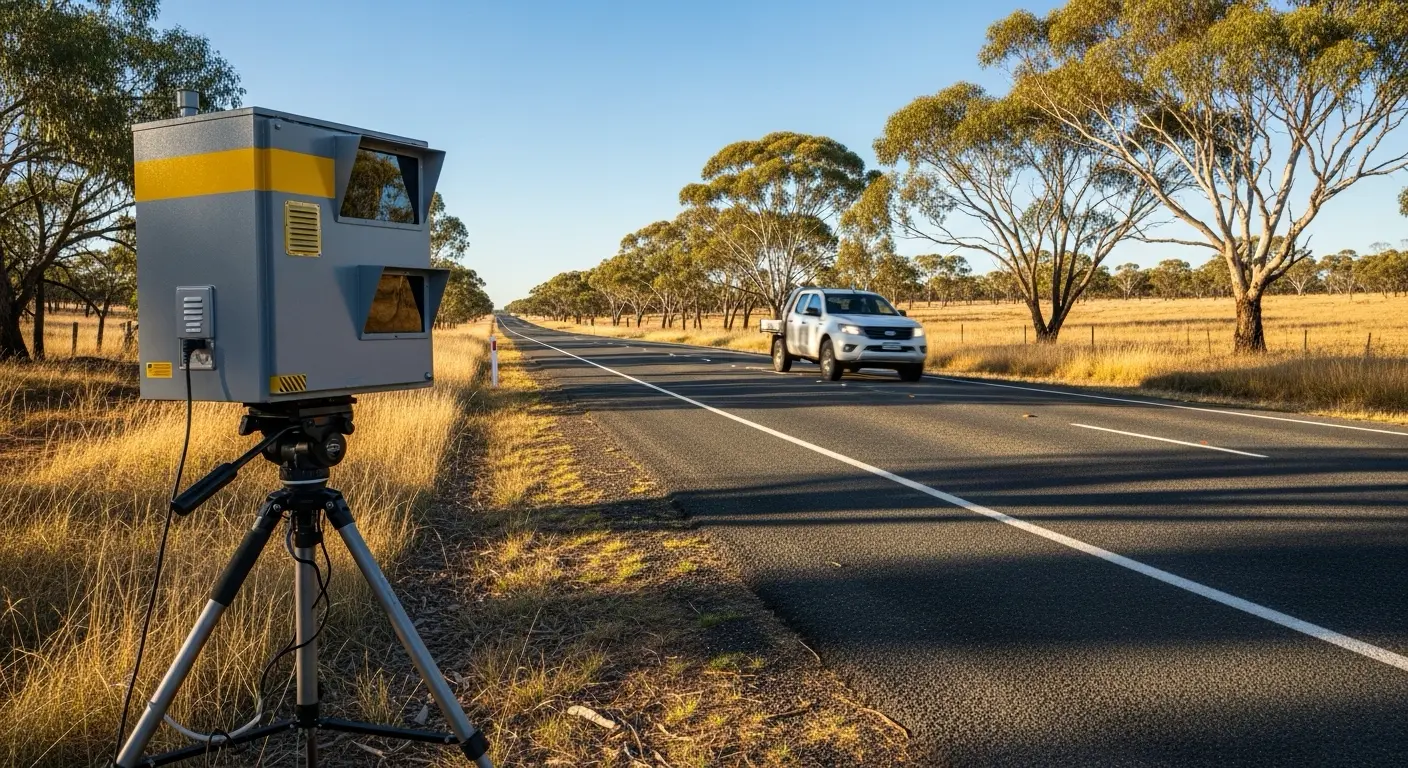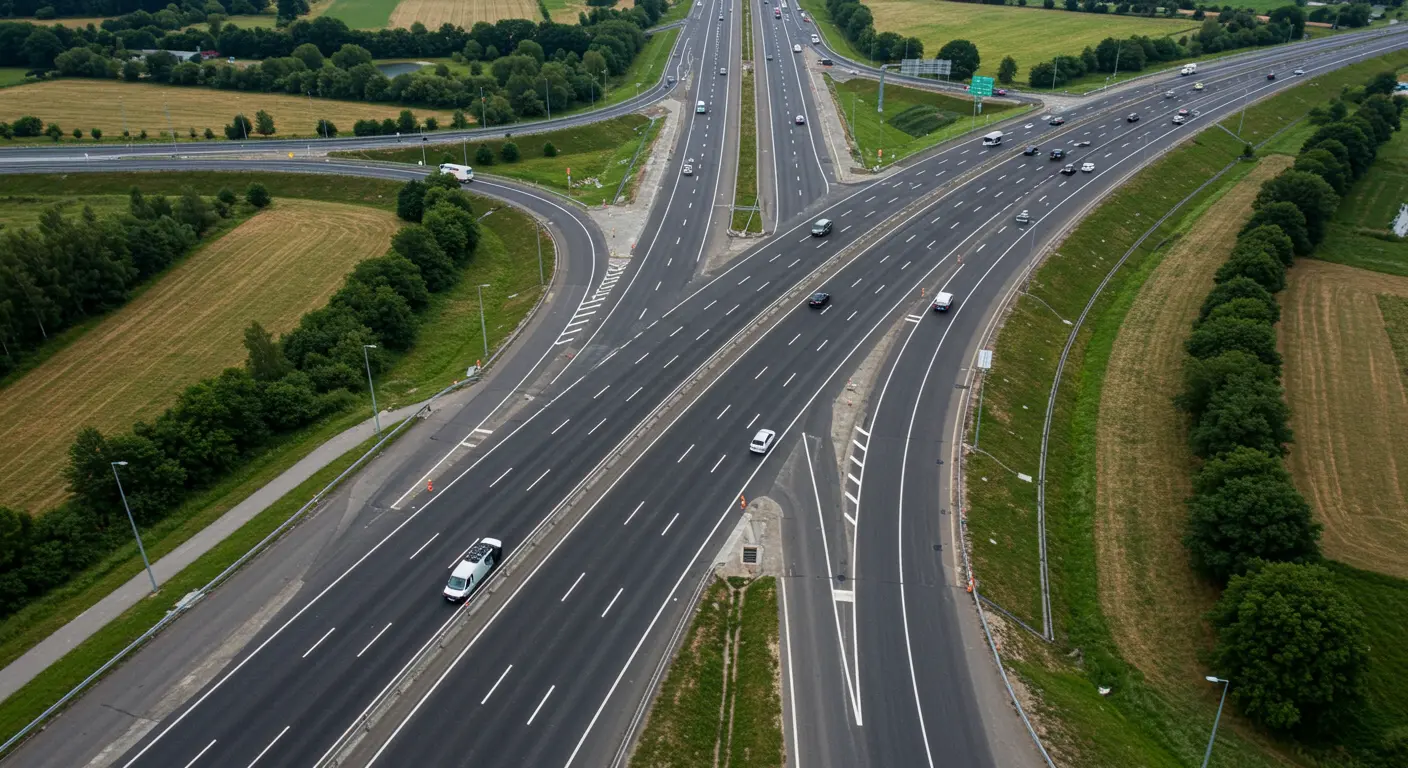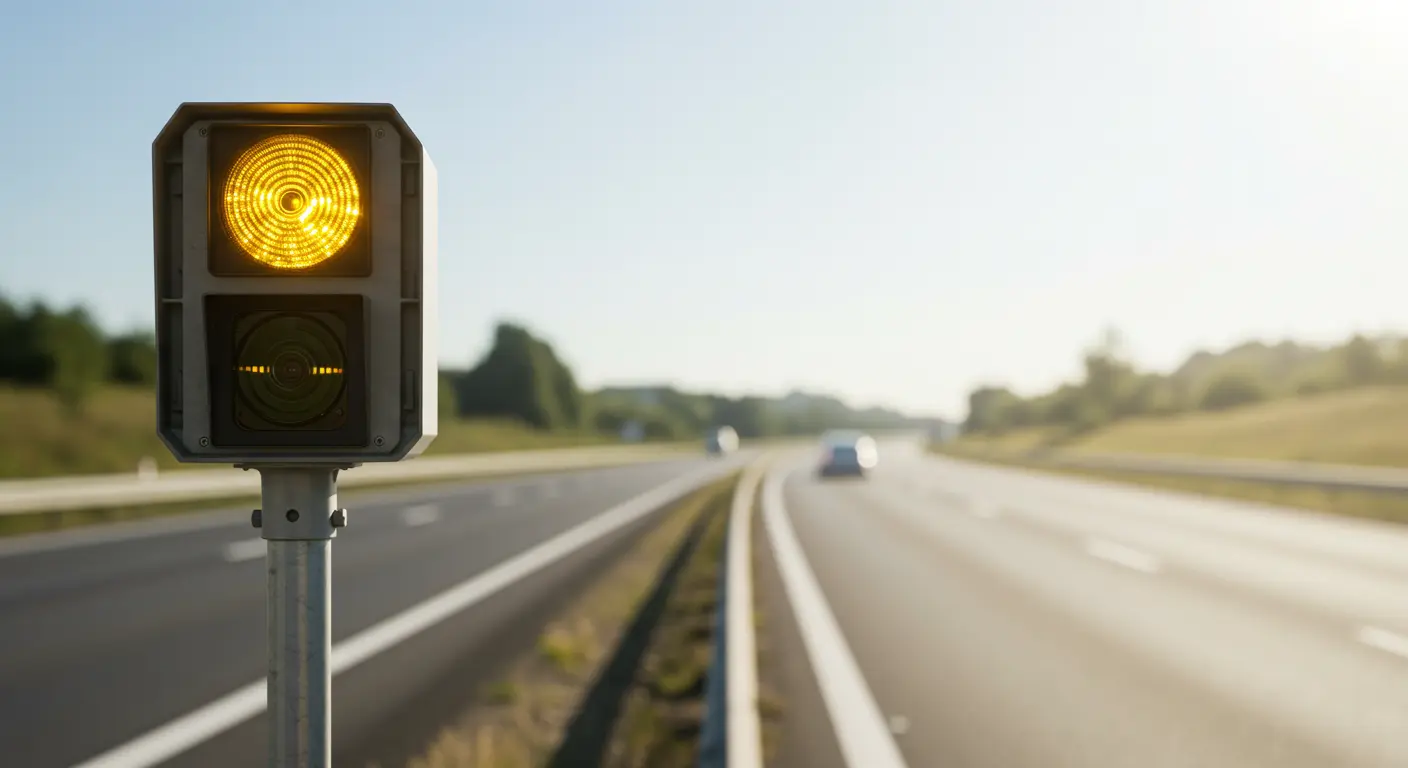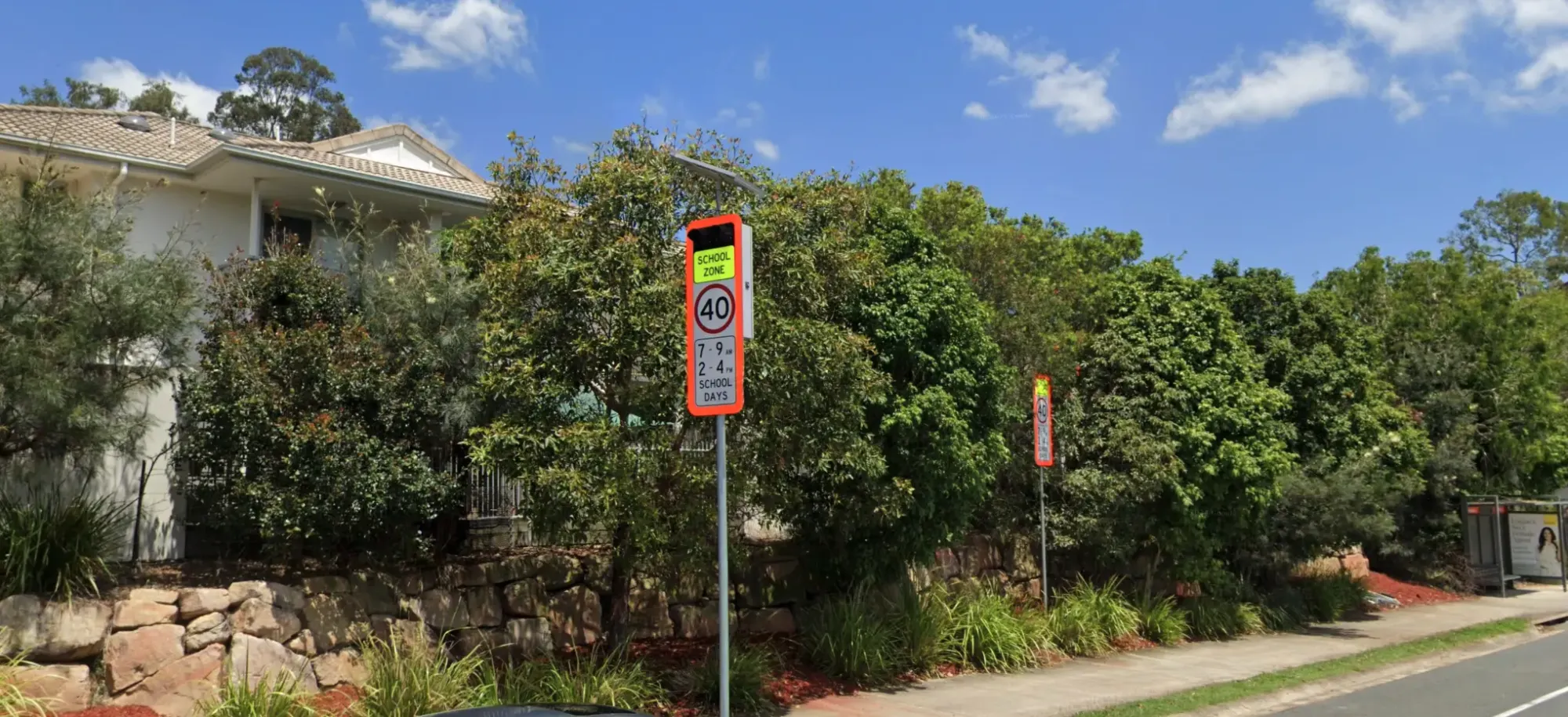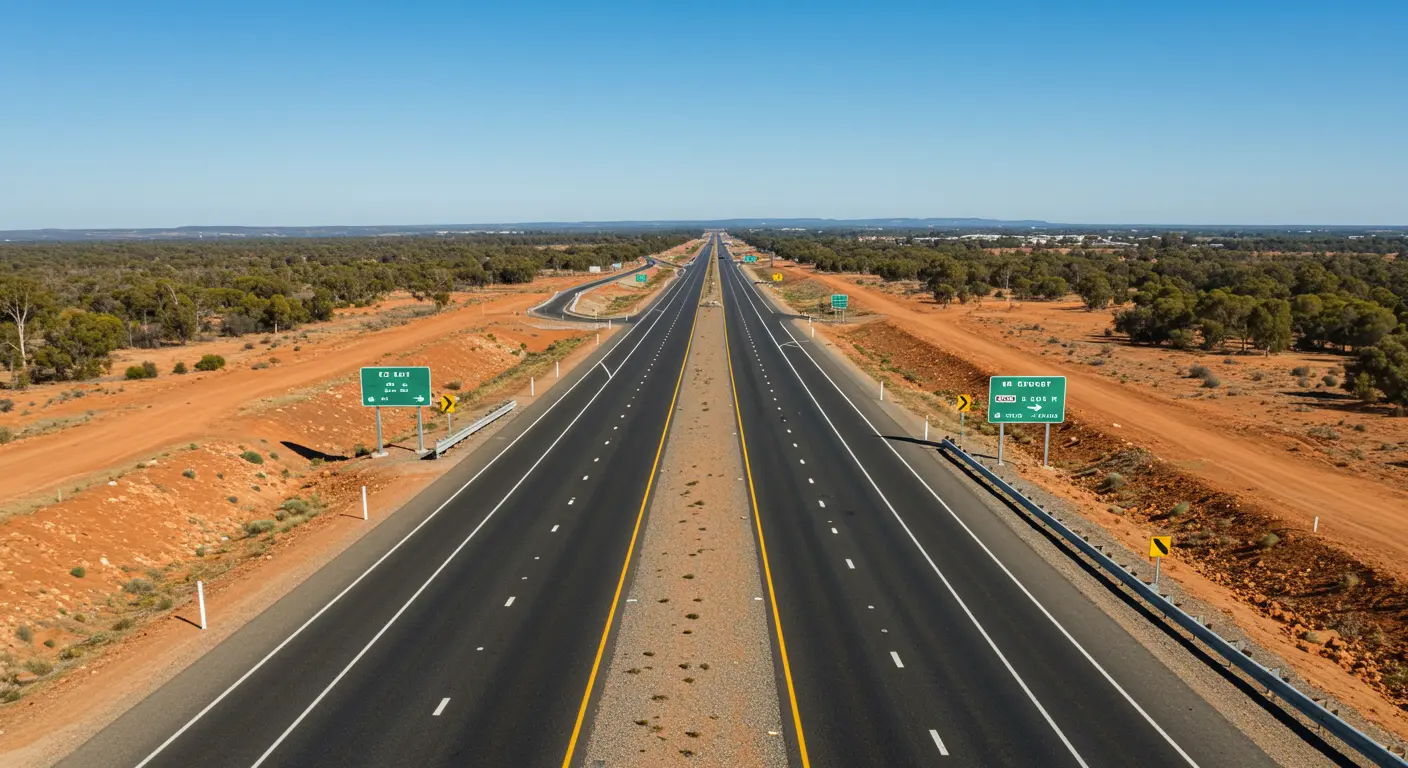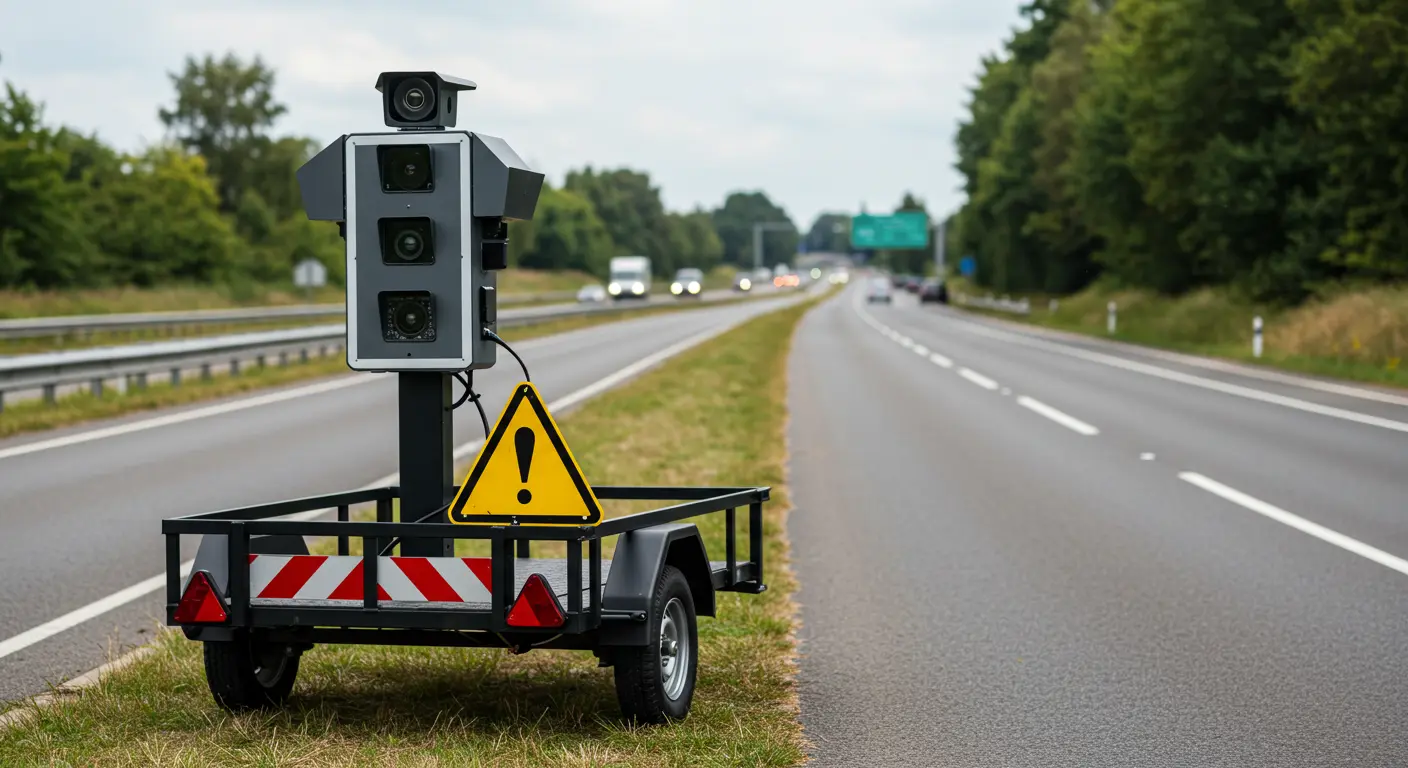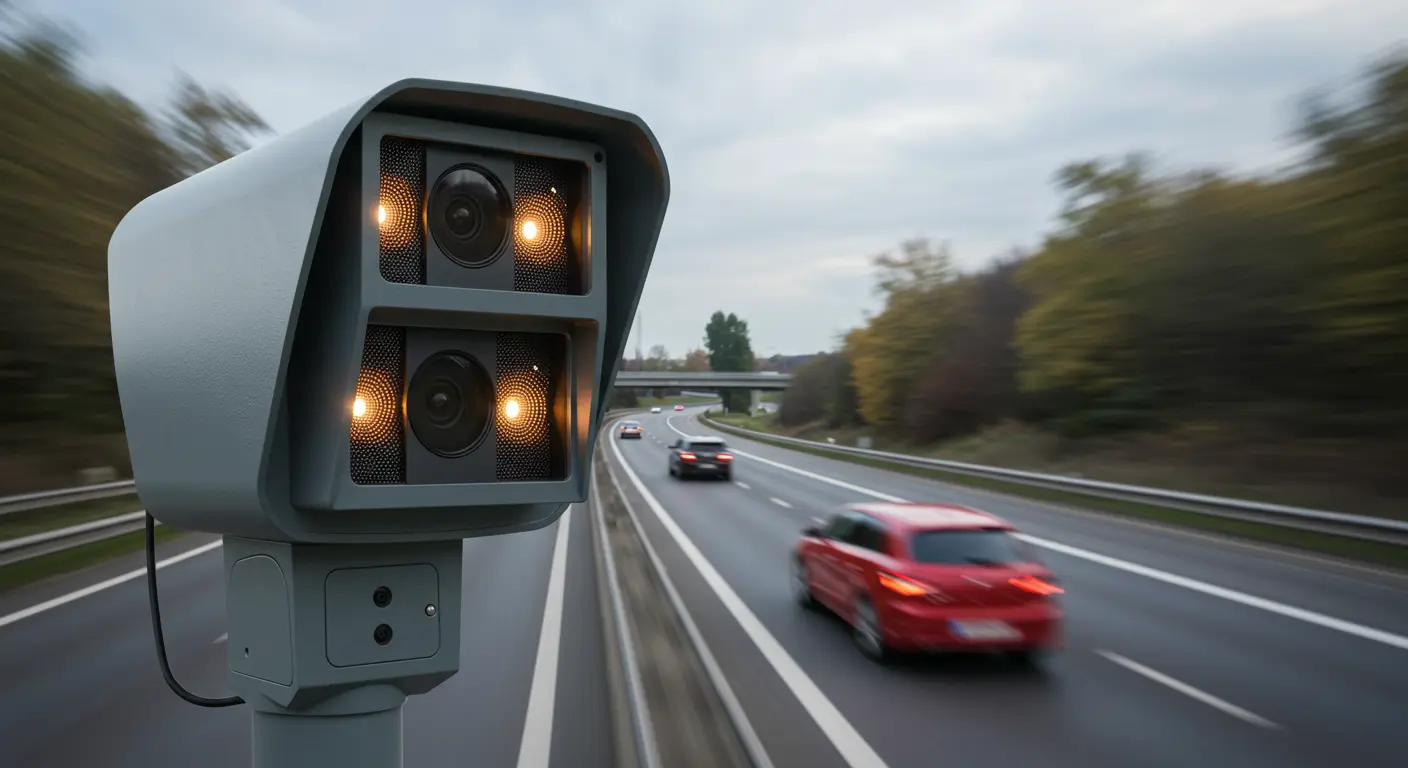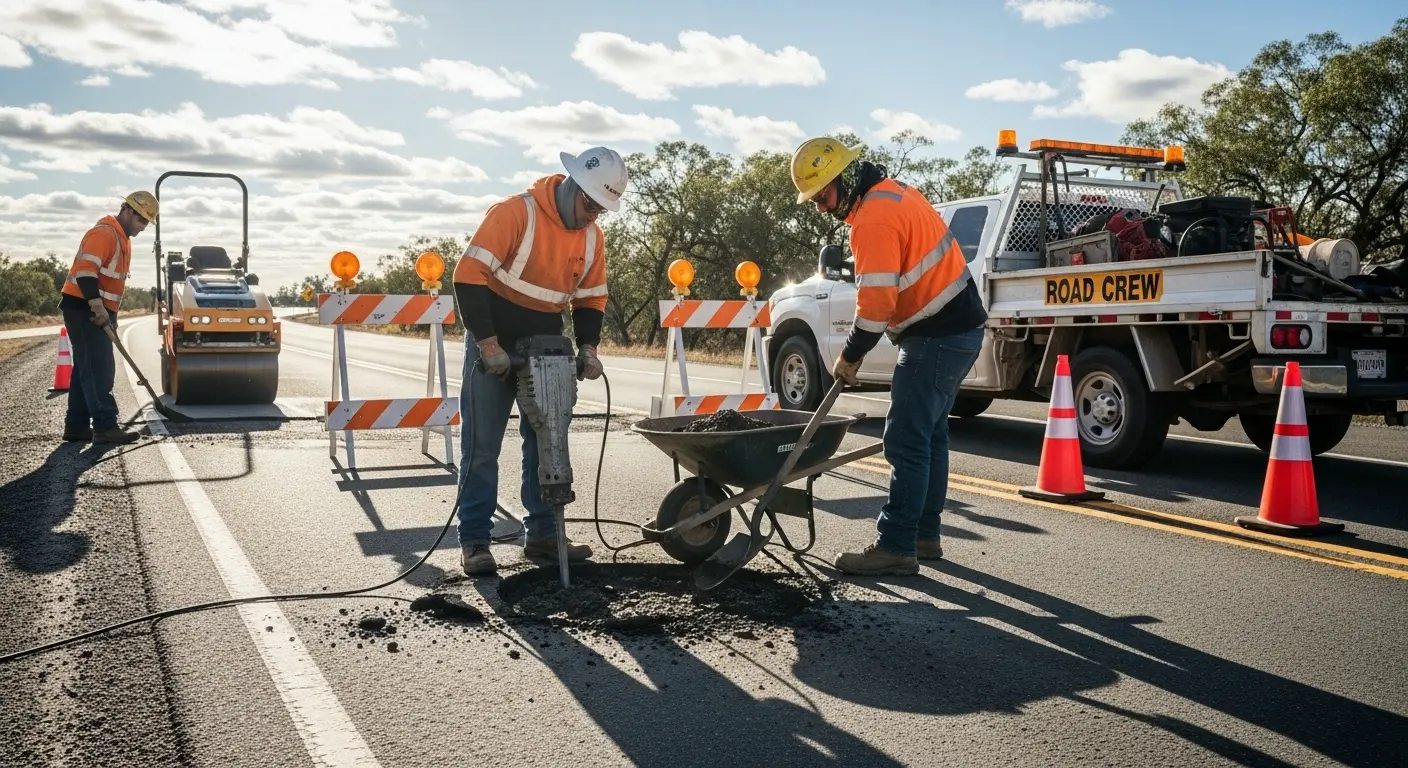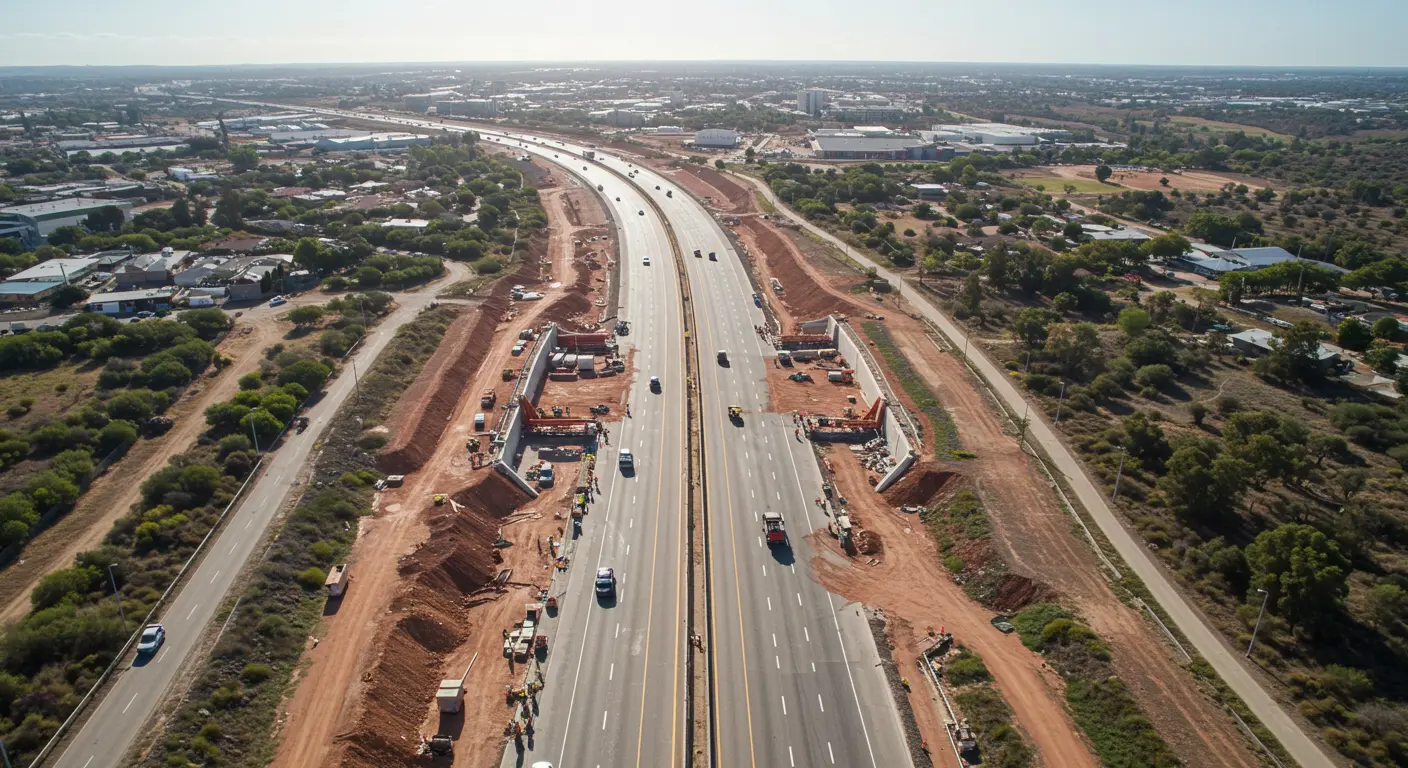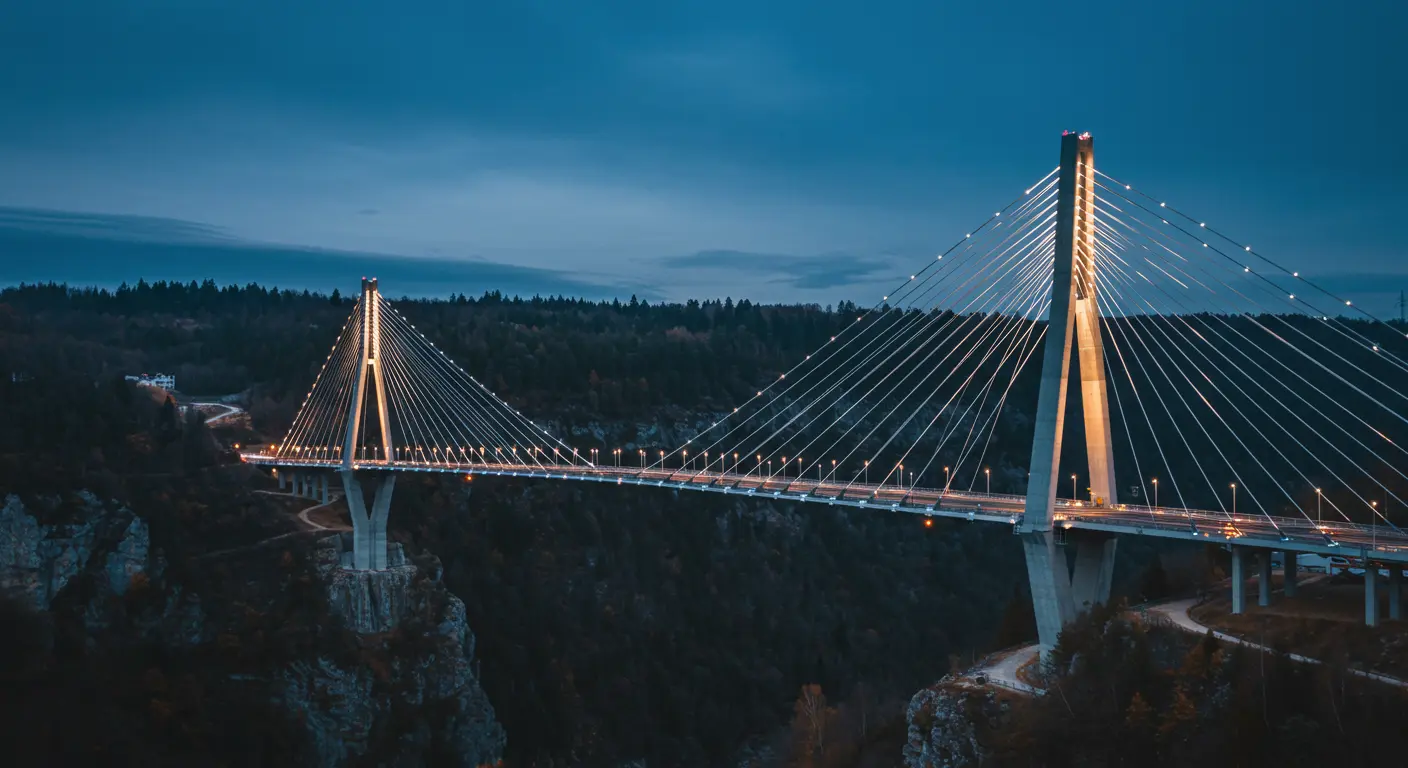The Victorian Government continues its road safety focus with 40km/h speed limit enforcement zones at high-risk pedestrian areas. These zones include school zones, shopping strips, and active roadworks, where pedestrian traffic is heavy and safety risks are heightened.
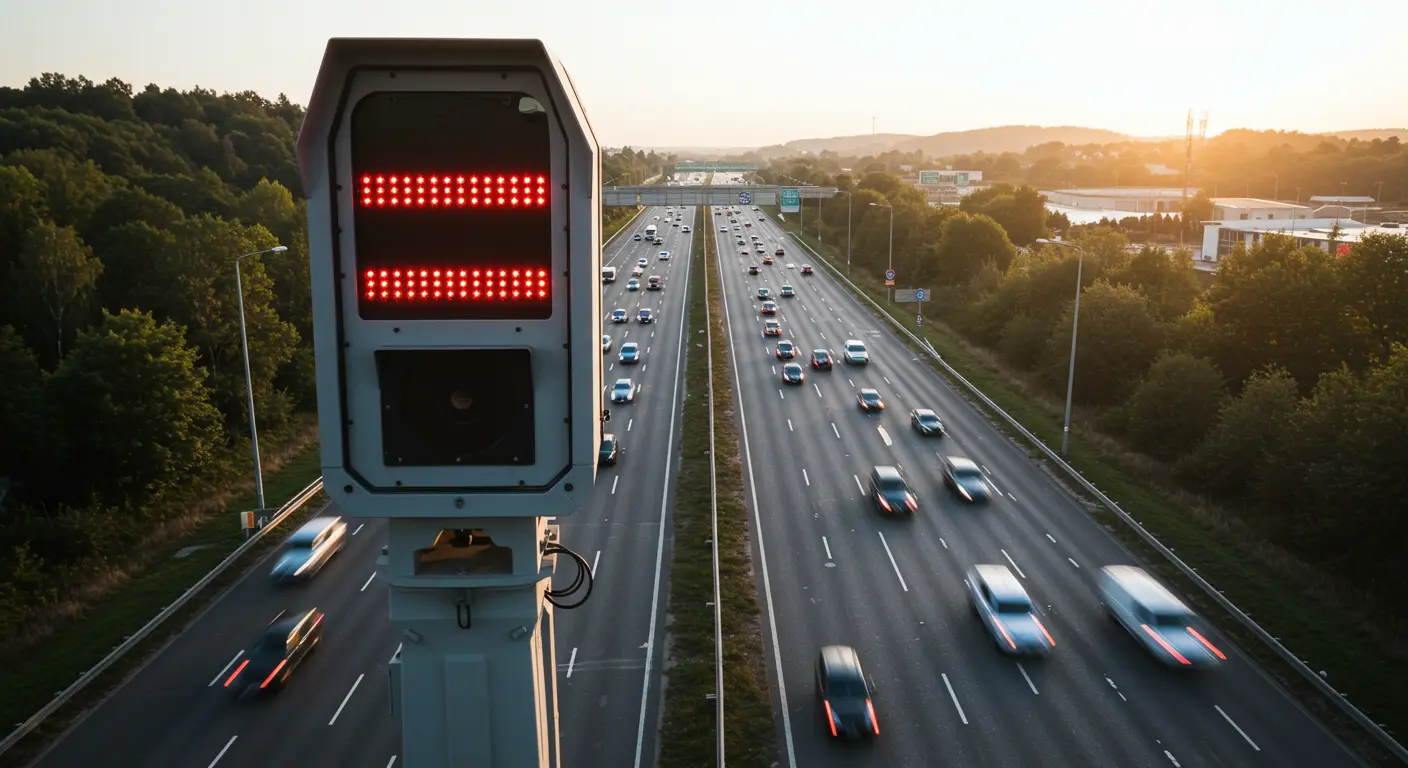
Locations of 40km/h Speed Camera Zones
Currently, there are 28 fixed road safety camera locations operating across the state to enforce the 40km/h speed limit. In addition to these permanent installations, mobile cameras also patrol and enforce compliance in these zones.
Why 40km/h Zones Are Critical
Research has consistently shown that reducing speed significantly improves pedestrian survival rates. A study published in Accident Analysis and Prevention (Erik Rosén and Ulrich Sander, 2009) concluded that a pedestrian struck by a vehicle travelling at 40km/h has a substantially higher chance of survival compared to one hit at 60km/h.
Crash Data at 40km/h Camera Sites
A review of crash statistics from 1 July 2015 to 30 June 2020 at these 28 fixed camera locations reveals:
| Location | Serious Injury | Casualty Crashes |
|---|---|---|
| Duke Street and Ballarat Road, Braybrook | 1 | 8 |
| Glenferrie Road and Burwood Road, Hawthorn | 0 | 3 |
| Flinders Street and William Street, Melbourne | 4 | 15 |
| Nicholson Street and Victoria Parade, East Melbourne | 1 | 3 |
| Nicholson Street and Albert Street, East Melbourne | 1 | 7 |
| Whitehorse Road and Surrey Road, Blackburn | 0 | 4 |
| Exhibition Street and Victoria Street, Melbourne | 4 | 13 |
| King Street and La Trobe Street, Melbourne | 0 | 16 |
| Punt Road and High Street, Prahran | 2 | 9 |
| Fitzroy Street and Lakeside Drive, St Kilda | 5 | 12 |
| Barkly Street and Carlisle Street, St Kilda | 2 | 10 |
| Warrigal Road and Batesford Road, Chadstone | 0 | 10 |
| Punt Road and Toorak Road, South Yarra | 1 | 14 |
| North Road and Clayton Road, Oakleigh East | 2 | 13 |
| Barkers Road and Glenferrie Road, Hawthorn | 1 | 13 |
| Francis Street and Wembley Avenue, Yarraville | 0 | 2 |
| Rosanna Road and Darebin Street, Heidelberg | 1 | 5 |
| Wyndham Street and High Street, Shepparton | 0 | 5 |
| La Trobe Street and Spencer Street, West Melbourne | 4 | 12 |
| Nepean Highway and Davey Street, Frankston | 3 | 7 |
| Blackburn Road and High Street Road, Glen Waverley | 1 | 17 |
| Charles Street and Cotham Road, Kew | 0 | 2 |
| Johnston Street and Hoddle Street, Collingwood | 6 | 13 |
| Johnston Street and Wellington Street, Collingwood | 0 | 4 |
| Prospect Hill Road and Burke Road, Camberwell | 2 | 3 |
| Warrigal Road and Batesford Road, Malvern East | 0 | 10 |
| Plenty Road and Ambrose Treacy Drive, Bundoora | 3 | 17 |
| Geelong Road and Barkly Street, Footscray | 3 | 12 |
Safety Cameras as a Proven Deterrent
Since the introduction of these cameras in 2014, the number of drivers caught speeding or running red lights in these zones has decreased. The cameras serve as a strong deterrent, encouraging drivers to slow down and comply with road rules.
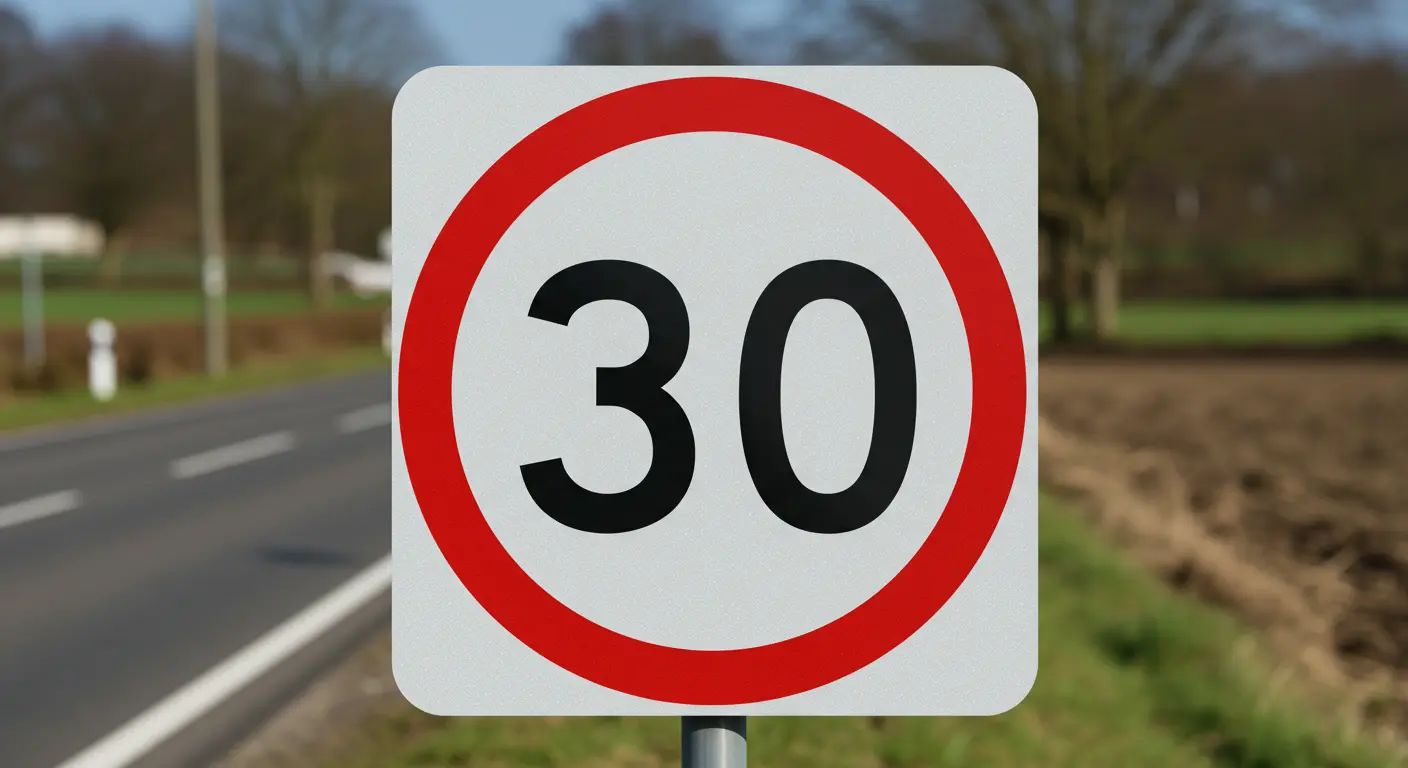
The Financial and Human Cost of Road Trauma
Although revenue from road safety cameras contributes to the Better Roads Victoria Trust Account to fund critical infrastructure improvements, officials stress that the primary goal remains safety. Road trauma continues to cost Victoria between $4 and $6 billion annually. The revenue generated from fines represents only a small portion of the total societal cost associated with these crashes.
Conclusion
Victoria’s focus on expanding 40km/h safety zones and increasing enforcement at high-risk locations reflects a strong commitment to protecting vulnerable road users. By combining data-driven enforcement with public education, the state aims to make its streets safer for everyone.
